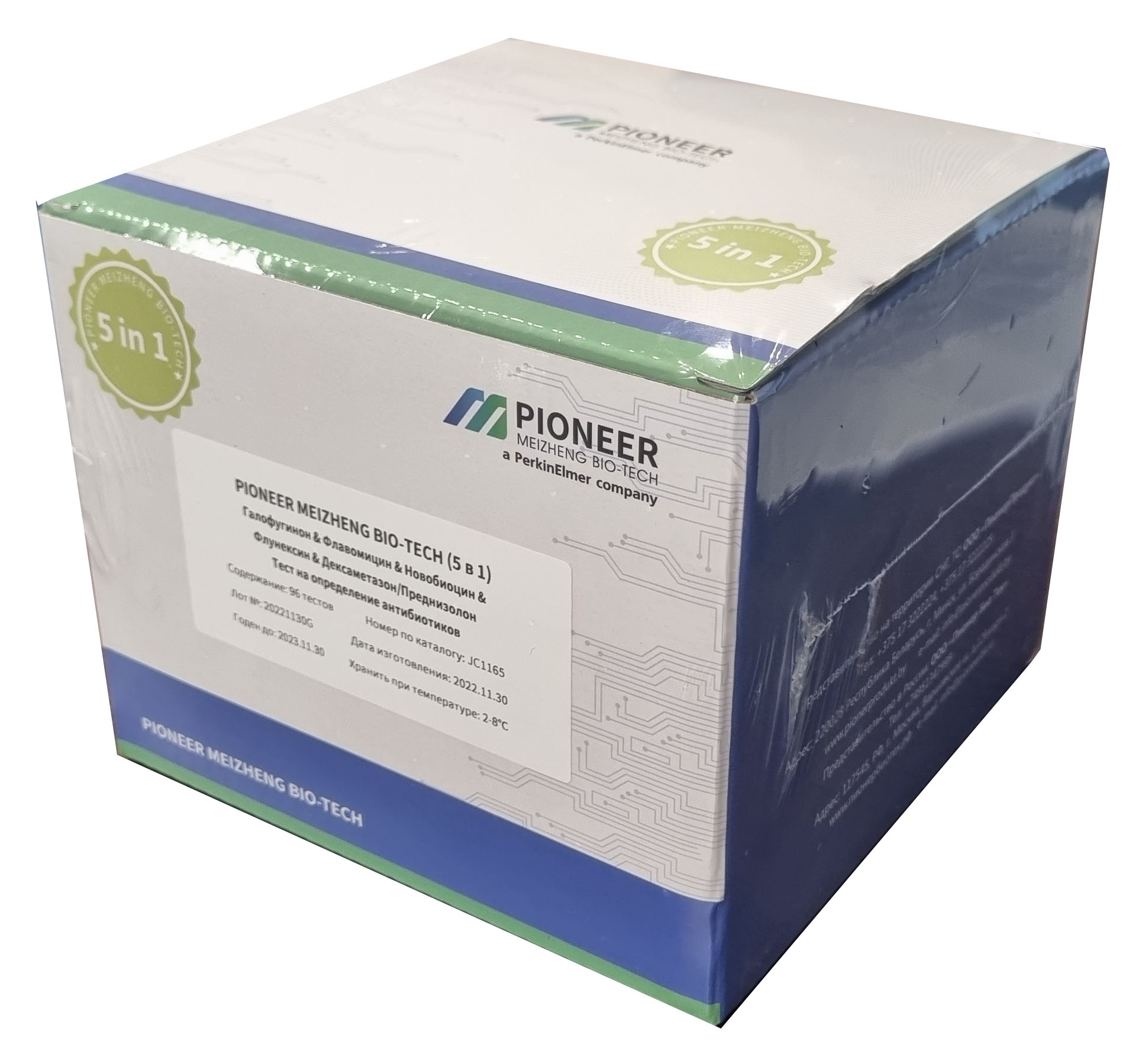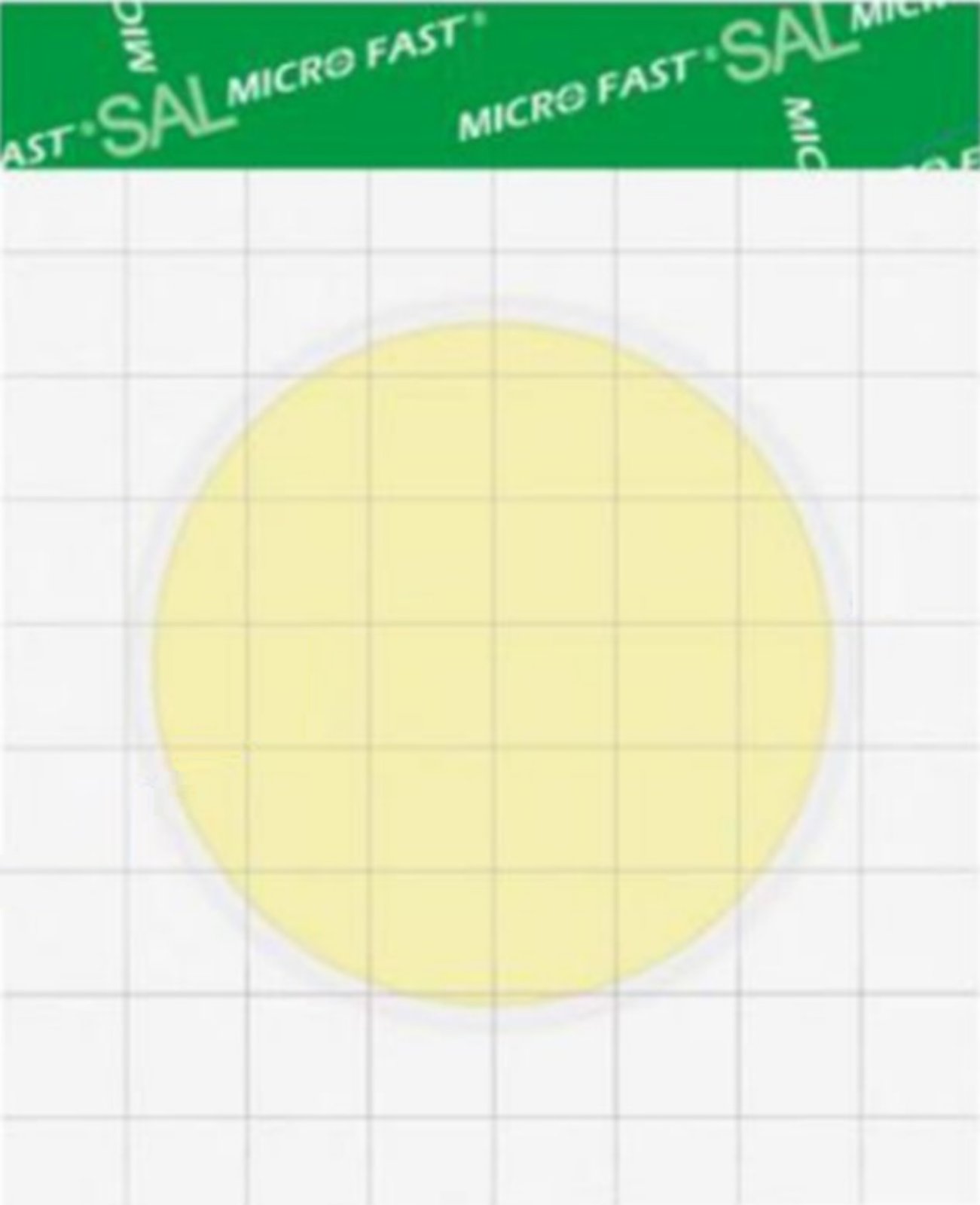Jews around the world celebrate Passover today

April 15, MINSK. The Jews of Belarus and the whole world today at sunset will meet their main religious holiday - Pesach.
Pesach is a reminder of one of the key events in biblical history - the exodus of the Jews from Egypt, when the people freed from slavery were forced to wander through the desert for 40 years in search of the promised land.
The Pesach celebration begins on the eve of the 15th day of the month of Nisan (falls in March-April) according to the Jewish lunar calendar and lasts seven days in Israel and eight days in the countries of the Diaspora. This year, the Jews will meet Pesach at sunset on April 15, the holiday will last until April 23.
In translation, the word "Pesach" means "to go around, pass by." The name of the holiday goes back to the Old Testament story of the ten Egyptian plagues. The Lord sent a heavenly punishment on Egypt: all the firstborn were killed, except for the Jews. The angel of death bypassed the houses of the Jews, marked with the blood of sacrificial lambs. That same night, the people of Israel, led by Moses, left the Egyptian lands.According to the Divine plan, the exodus was to take place instantly, so that the Egyptians would not resist. Before the exodus from Egypt, the Jews did not even have time to leaven the dough, so they baked unleavened cakes (matzo). Until now, matzah is a symbol of liberation from slavery.
Passover for Israelis is a time of pilgrimage to Jerusalem. The procedure for celebrating Pesach is defined in detail in the Holy Scriptures (Torah). Throughout the days of Pesach, the Torah forbids the consumption of leavened food. This is the same food that the Jews did not have time to stock up on when they left Egypt. Also avoid foods that can ferment. Malt liqueurs, beer and other yeast-based alcoholic beverages are prohibited.
On the first and seventh days of Pesach, all types of work are prohibited. The festive week opens with a solemn divine service, followed by a solemn evening meal of seder ("order" in Hebrew). The Seder begins after returning from the synagogue: the whole family with guests gathers around the table. During the seder, blessings are said, prayers are read and psalms are sung. One of the prerequisites is an invitation to the festive table for all those in need, as well as those who cannot celebrate Pesach with their families.
The best dishes and silverware, candles, kosher wine, three large pieces of matzah and a specially decorated goblet for the prophet Eliyah (Elijah) are placed on the table. Plates with SALT water are certainly placed on the festive table - a symbol of the tears of ancient Hebrew women, from whom, by order of the pharaoh, their firstborn were taken away, because, according to the prediction, a person who would free people from slavery was to be born in one of the Jewish families. During the meal, everyone should drink four glasses of wine in honor of the four cups mentioned in the Torah.
The last day of Pesach is spent in a joyful atmosphere, with singing and dancing. At midnight, in synagogues and religious schools, a ceremony of separation of sea waters is held. The eighth day of Pesach is celebrated only in the regions of the Diaspora, where the first two and the final two days are holidays.
Read together with it:
- Роспотребнадзор оценил опасность обнаруженного в Бразилии коронавирусаРоспотребнадзор внимательно отслеживает новую информацию о коронавирусе, обнаруженном в Бразилии, сообщило ведомство в телеграм-канале. Новый коронавирус BRZ batCoV выявили у небольшого вида насекомоядных летучих мышей, уточнила пресс-служба. «Доказательств того, что новый коронавирус представляет угрозу для людей, нет», — говорится в сообщении ведомства. BRZ batCoV относится к тому же роду бета-к...
- A tanker carrying Russian oil bound for India has been turned back after US sanctions.A vessel carrying 750,000 barrels of oil , which departed Primorsk on October 20, turned back a week after the US imposed sanctions on Rosneft and Lukoil. it was scheduled to sail to India.A tanker carrying Russian oil bound for India has changed course and is now drifting in the Baltic Sea, reportsBLOOMBERG, citing data from the Kpler and Vortexa vessel tracking platforms, clarifies that the situ...



























































